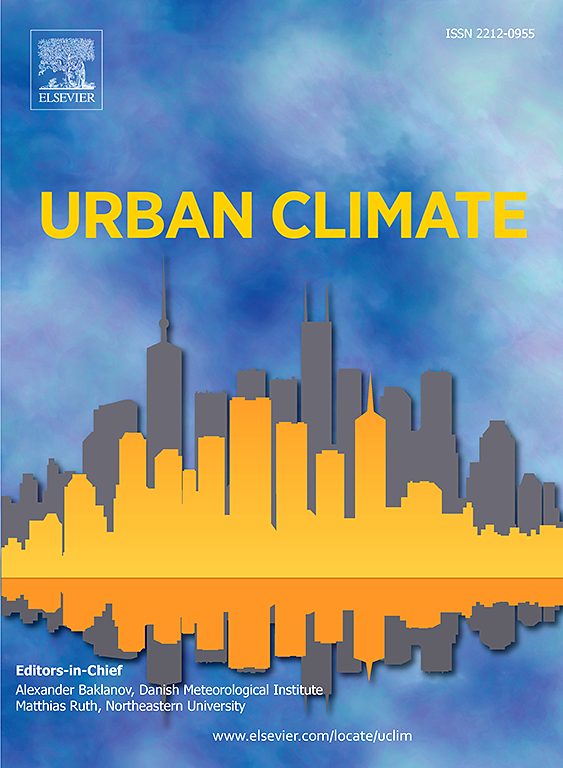Net impact of London Strand-Aldwych pedestrianisation project on air quality and noise
IF 6
2区 工程技术
Q1 ENVIRONMENTAL SCIENCES
引用次数: 0
Abstract
Pedestrianisation in urban areas has the potential to reduce air and noise pollution but may lead to increased pollution in surrounding streets. To date, there are very few long-term monitoring studies that assess the net impacts of pedestrianisation on air quality and noise. This study uses a dense low-cost particulate matter and environmental noise monitoring network to assess the net impacts of the Strand-Aldwych pedestrianisation project (SAPP) in central London on particulate matter and noise pollution. Monitoring started before traffic was excluded from the Strand in June 2021 and continued through re-development works in 2022 and post-works in 2023. Collected particulate matter data was complemented with data from the Automatic Urban and Rural Network and London Air Quality Network sites. Results show a statistically significant decrease in NO伦敦街-奥尔德维奇步行区项目对空气质量和噪音的净影响
市区的行人专用区有可能减少空气和噪音污染,但可能会增加周围街道的污染。迄今为止,很少有长期监测研究评估行人专用区对空气质量和噪音的净影响。本研究使用密集的低成本颗粒物和环境噪声监测网络来评估伦敦市中心Strand-Aldwych步行区项目(SAPP)对颗粒物和噪声污染的净影响。监测在2021年6月禁止交通通行之前开始,并在2022年的重建工程和2023年的后期工程中继续进行。收集的颗粒物数据与自动城乡网络和伦敦空气质量网络站点的数据进行了补充。结果显示,从2021年夏季到2023年夏季,斯特兰德的氮氧化物和环境噪声污染在统计上显著下降。与同期在屋顶测量的背景水平相比,斯特兰德街的PM2.5水平也有所下降,但奥尔德维奇街和其他周边街道的PM2.5水平有所上升。PM2.5主要受伦敦市中心较大尺度的背景输入和气象条件驱动,而氮氧化物和环境噪声则与街道水平的当地来源更直接相关。因此,后者是改善空气质量和减少行人专用区噪音的有力指标。
本文章由计算机程序翻译,如有差异,请以英文原文为准。
求助全文
约1分钟内获得全文
求助全文
来源期刊

Urban Climate
Social Sciences-Urban Studies
CiteScore
9.70
自引率
9.40%
发文量
286
期刊介绍:
Urban Climate serves the scientific and decision making communities with the publication of research on theory, science and applications relevant to understanding urban climatic conditions and change in relation to their geography and to demographic, socioeconomic, institutional, technological and environmental dynamics and global change. Targeted towards both disciplinary and interdisciplinary audiences, this journal publishes original research papers, comprehensive review articles, book reviews, and short communications on topics including, but not limited to, the following:
Urban meteorology and climate[...]
Urban environmental pollution[...]
Adaptation to global change[...]
Urban economic and social issues[...]
Research Approaches[...]
 求助内容:
求助内容: 应助结果提醒方式:
应助结果提醒方式:


